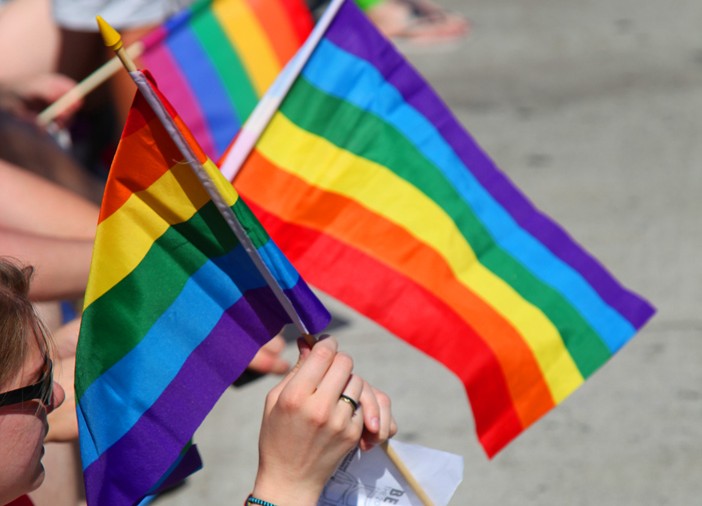Bullying and harassment of the LGBT community is, unfortunately, nothing new but in these more progressive times I think we can admit that opinions are changing and people are becoming more accepting.
The ‘It Gets Better’ campaign has drawn over 613,000 supporters since 2010, all of them committed to combatting the bullying of lesbian, gay, bisexual and transgender teens. Despite receiving criticism for perhaps sending the wrong message, it has done some good and has inspired a lot of other people to help with the issues surrounding LGBT discrimination.
A Northwestern Medicine study has found that about a third of LGBT youths still struggle with discrimination and harassment. As Brian Mustanski, director of the Northwestern Institute for Sexual and Gender Minority Health and associate professor in medical social sciences at Northwestern University Feinberg School of Medicine, says “We tend to think that society is evolving but we can’t just accept this narrative that ‘it gets better’ and think it gets better for everyone.”
The innovative study has not only looked at the number of victimizations teens experienced but also the severity of the assaults (both mental and physical) and how they evolved over time. Those who experienced moderate to high levels of harassment that built up over time or steadily increased were more at risk of developing mental health problems.
Overall the study showed that most of the targeted youths are doing better over time as they are victimised less or for the unfortunate few, simply become resilient to the harassment. However, this has drawn into light that for those in the most severe conditions, something drastic must be done and saying it gets better just doesn’t cut it.
Sam McMaster
Image courtesy of Tim from Washington, D.C., United States of America. Image hosted on Wikipedia.

